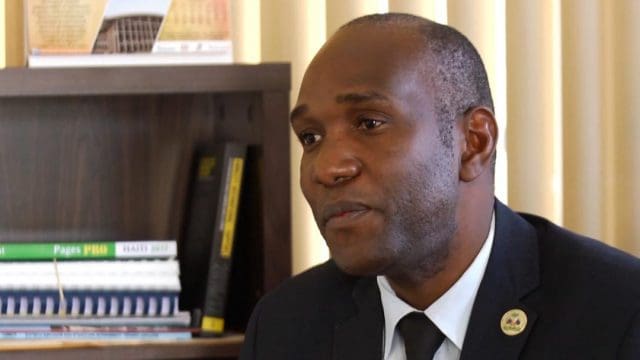There are over 30,000 children in orphanages in Haiti. But as CNN reports, the government believes that 80% of them aren’t orphans — their parents send them to orphanages because they couldn’t afford to take care of them.
While parents are told that their kids will be fed, cared for, and sent to school, this is far from the reality. And visiting foreigners aren’t helping.
The government’s top anti-trafficking official says many orphanages are profiting off the backs of children. “They are forced into labor,” says Fils-Lien Ely Thelot, president of the National Committee Against Human Trafficking. “And they’re allowed to live in squalor so that foreigners will give money out of pity.”“We have to educate the donors and the volunteers,” says Georgette Mulheir, executive director of Lumos. “For all of your best intentions, if you are giving money to orphanages, if you are volunteering in orphanages, you are helping to drive trafficking in Haiti.”
Notably, the owner of Four Winds Spirit does not see what he did wrong. He called the abuse “discipline” and said that parents lie to him and say children are not theirs so that he will take them to the orphanage.
Thelot says this is a common mindset. “You can find people that practice human trafficking, and they are not conscious that what they are doing is human trafficking.” He is also pessimistic about the future as fighting human trafficking is not a priority for a country that is dealing with dire poverty.
“We don’t have an office, we don’t have employees, we don’t have the means to go out in the field and push investigations, we don’t have any direct contact with any of the official authorities that are supposed to accompany us when we go out in the field,” he said.







Freedom United is interested in hearing from our community and welcomes relevant, informed comments, advice, and insights that advance the conversation around our campaigns and advocacy. We value inclusivity and respect within our community. To be approved, your comments should be civil.